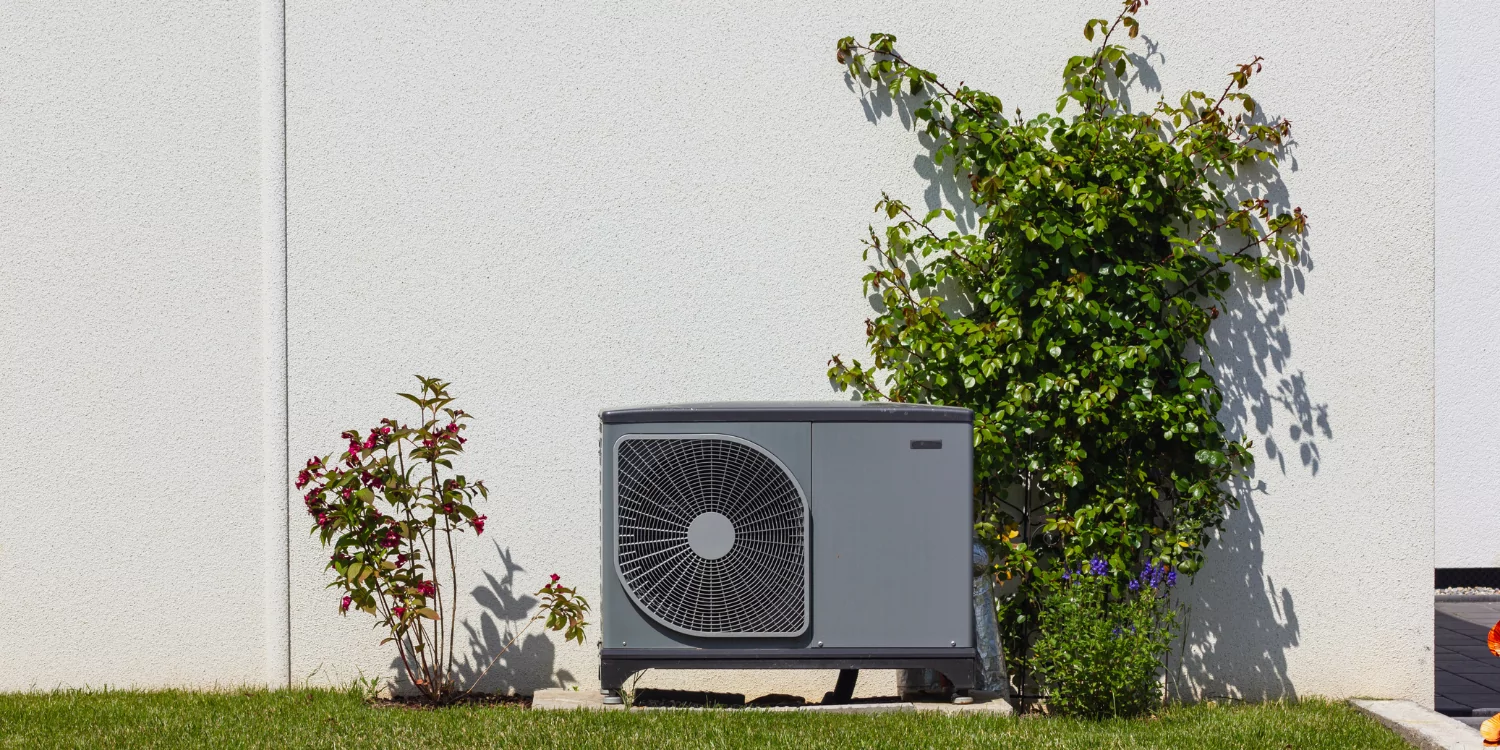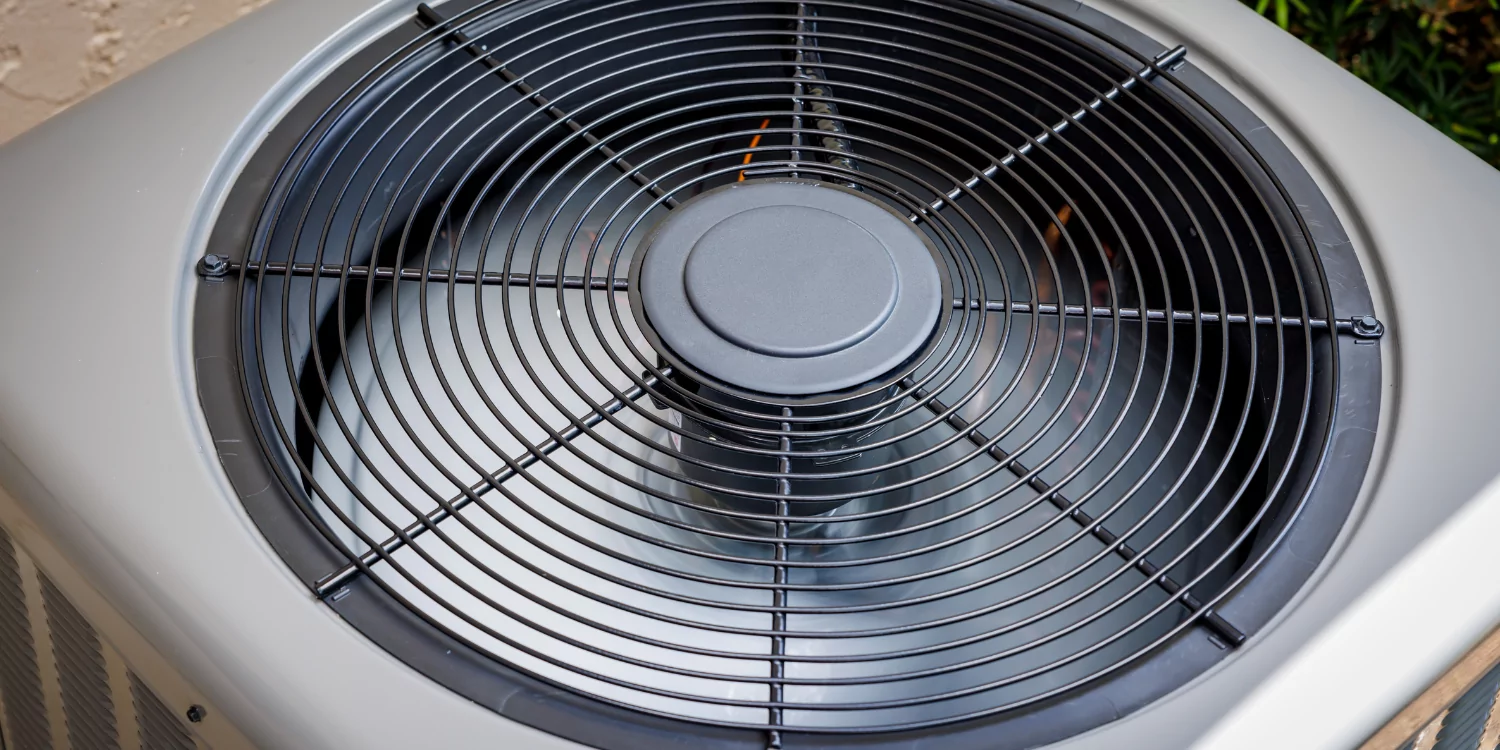
Refrigerants are the lifeblood of air conditioners, heat pumps, and other HVAC appliances, yet their exact function remains somewhat of a mystery to many homeowners. Unfortunately, some mistakenly view refrigerant recharges as a simple solution to cooling issues; however, this is not a recommended practice. Below, we explain why and address some of your most common questions about cooling appliances.
1. What is refrigerant, and what does it do?
A refrigerant is a substance or mixture used in HVAC systems during refrigeration cycles. It absorbs heat from one environment and releases it into another, enabling the cooling or heating process in the appliance. Without refrigerants, most modern comfort systems would simply not work.
Refrigerants can exist in both liquid and gas forms, depending on their pressure and temperature conditions. Historically, refrigerants have had major impacts on the environment, but many of these harmful chemicals are being replaced by eco-friendly alternatives.
2. What HVAC appliances use a refrigerant?
Refrigerants are utilized in various HVAC appliances, including air conditioners (both central and window units), heat pumps, and some types of dehumidifiers. These devices rely on the refrigerant’s properties to either absorb or release heat to function efficiently.
3. What is a refrigerant recharge?
A refrigerant recharge, often termed “topping off,” is the process of adding or replenishing refrigerant in an HVAC system. However, the initial charge should ideally last for the system’s entire lifespan, as refrigerant should neither be consumed nor deteriorate under normal conditions. Over time, small amounts of refrigerant can be lost due to leaks or evaporation, resulting in reduced efficiency. This may require a recharge, but usually, this is only a temporary solution to a bigger underlying problem.
4. Why is topping off refrigerant considered problematic?
Topping off refrigerant can hide underlying leaks, leading to greater problems later. Also, overcharging disrupts the system’s balance, causing it to work harder and may damage the compressor, a costly component to replace. Plus, releasing more refrigerants, especially from older systems, can harm the environment due to ozone-depleting or greenhouse gas properties, which is both illegal and irresponsible in many situations.
5. Who can work with refrigerant if needed?
It’s essential to have a licensed HVAC technician complete any sort of refrigerant recharge work. They have the necessary training, knowledge, and equipment to safely handle and dispose of refrigerants, ensuring that your system is compliant with environmental and safety regulations.
It’s crucial to note that recharging refrigerant is not a DIY task; incorrect handling can lead to equipment damage, health risks, and potential legal implications. Always rely on professionals for this service.
6. What is the right approach to refrigerant issues?
If you suspect your air conditioner or heat pump is low on refrigerant or experiencing cooling problems, it’s essential to follow these proper steps:
- Reach out to a licensed HVAC technician to diagnose the issue.
- If a refrigerant leak is detected, the technician should locate and repair it. This step is crucial to prevent further refrigerant loss.
- After fixing the leak, the technician will recharge the system properly to the manufacturer’s specifications, ensuring that it operates efficiently.
- To prevent future issues, schedule regular maintenance for your HVAC system. This will help catch potential refrigerant leaks or other problems early, saving you money and extending the system’s lifespan.

7. What are the signs my AC or heat pump may need a professional refrigerant recharge?
Signs your system may need a recharge include:
- Reduced cooling or heating efficiency
- Longer operating cycles
- Ice buildup on the appliance
- Hissing noises (indicating a possible leak)
If you observe any of these symptoms, it’s advisable to contact a professional for an inspection.
8. How often do you need to recharge HVAC refrigerants?
In ideal conditions, HVAC systems should not need frequent recharging since they are closed systems designed to keep the refrigerant contained indefinitely. In fact, a well-maintained system should never require a recharge throughout its entire lifespan.
Occasionally, manufacturing flaws or wear and tear can lead to minor leaks, though these are not common. It’s best to have regular maintenance checks to determine if a recharge is necessary and to catch potential issues before they escalate.
9. How long does refrigerant last?
In a well-maintained and leak-free system, refrigerant can last the entire lifespan of the HVAC unit—often 10 to 15 years or more. However, any issues or leaks can reduce its longevity. As mentioned above, refrigerant recharges are not part of a regular maintenance routine but rather an uncommon type of repair.
10. When should I replace my AC or heat pump instead?
If your AC or heat pump doesn’t cool adequately, experiences recurring breakdowns, or is over 15 years old, it might be more cost-effective to consider a complete replacement. Modern units tend to be more energy-efficient, saving on energy bills and reducing the frequency of costly repairs.
When weighing your decision, it’s beneficial to speak with an HVAC specialist. Their expertise can provide clarity on whether continued repairs or a total system replacement is the most cost-effective and efficient option for your home.
Stay Cool with ClimateCare
Stay comfortable year-round by maintaining your HVAC appliances with expert guidance. Need a professional consultation, refrigerant assessment, or total system upgrade? Contact your local ClimateCare today! Our members are here to help you with all your HVAC needs so you can enjoy maximum home comfort, no matter the season.




